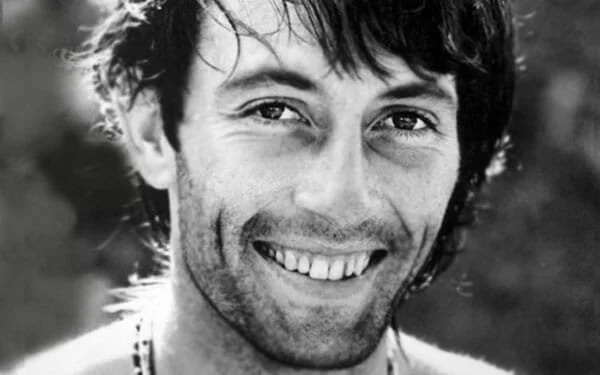Kevin Carter - Pulitzer Winning Photojournalist
Kevin Carter
During an era marked by harsh racial oppression and violence, one man captured the stark realities of life through his lens. Born on September 13, 1960, in South Africa, Kevin Carter emerged as an award-winning photojournalist and a member of the Bang-Bang Club, a group of four photographers documenting the country’s turbulent years from 1990 to 1994. His haunting 1993 photograph of a starving child in Sudan, with a vulture ominously nearby, earned him a Pulitzer Prize. Tragically, Carter took his own life at 33, a story later dramatized in the 2010 film The Bang-Bang Club.
Carter grew up in a middle-class, predominantly white Johannesburg neighborhood, where he often witnessed the harsh treatment of black residents by police. Raised in a liberal Catholic household, he sometimes felt uneasy about his family’s relatively passive stance on these injustices.
After high school, he initially pursued studies to become a pharmacist and served four years in the South African Air Force. Following an altercation in which he defended a waiter and was beaten by fellow servicemen, Carter left the military quietly and reinvented himself as a radio host named “David.”
His path shifted dramatically after witnessing the 1983 Church Street Bombing in Pretoria, which inspired him to pursue news photography. Starting as a sports photographer, he soon joined the Johannesburg Star, using his camera to document the brutality and inequality imposed by apartheid, which was entrenched in South African society from 1948 to 1994.
Carter did not shy away from difficult subjects. In the 1980s, he photographed public executions, including that of Maki Skosana, and other violent events. While the work was often harrowing, Carter maintained a commitment to documenting reality objectively, even when it meant capturing death, famine, and suffering.
In 1993, his most famous and heart-wrenching image emerged: a starving Sudanese child reaching for food as a vulture lingered nearby. The New York Times published the photograph in March 1993, and it quickly gained international attention, sparking discussions about famine, ethics in photojournalism, and the fate of the child.
Carter’s exposure to extreme human suffering took a personal toll. In July 1994, he died by suicide at the age of 33, leaving behind a note that reflected the depth of his anguish: the pain of life had eclipsed all joy.
His legacy lives on through tributes in various forms: music, literature, and art. Welsh musicians honored him in 1996; Jessica Ruby Simpson and Martin Simpson recorded a song titled Kevin Carter; Masha Hamilton referenced him in her 2004 novel; and Alfredo Jaar featured Carter’s story in a 2008 video installation at the South London Gallery. Through these memorials, Kevin Carter’s courage and commitment to revealing harsh truths continue to inspire.
